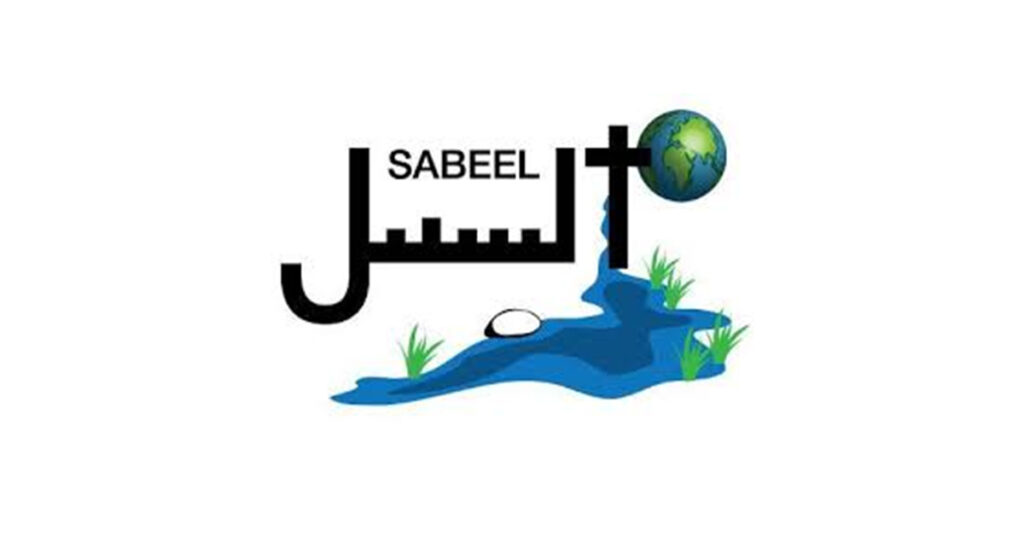Service of Lament for Palestine and Israel: “we solidly believe in the sanctity of life”
Written by the World Council of Churches
More than 500 people from across the world followed a Service of Lament for Palestine and Israel, hosted by the Sabeel Ecumenical Liberation Theology Center on 12 October.
Bishop Dr Munib Younan opened the service, calling for an end to hate and violence at last. “In the midst of the ongoing violence and war, I want to assure everyone that we solidly believe in the sanctity of life,” he said. “Our country is stricken today by the sin of violence, the sin of hatred.”
Younan reflected that those praying were meeting with bleeding hearts and cries in the face of an unjust world.
“Enough hatred, enough dehumanization, enough violence, enough Incitement,” he said. “We will never allow hatred to consume us.”
Younan called for an end to the occupation. “It’s time to end violence,” he said.
Catholic Patriarch Emeritus Michel Sabbah offered a reflection on the terrible destruction of the war, including the death and the forced immigration of thousands. “Lord, we have no peace,” he said. “We put before you the suffering of all, Israeli and Palestinian.”
Sabbah and the hundreds following the service mourned together. “We do not know how this war will end.” he said. “In the mind of the powerful, the oppressed should keep silent, not even say, ‘I am oppressed.’ ”
Sabbah added that he believes that all Israelites and Palestinians are children of God. “I believe we cannot remain in the same situation as before: strong and weak, oppressors and oppressed,” he said. ”We pray for the strong and for the weak.”
He also prayed for peace. “Lord, change the hearts and minds of all, and make this land again a land of redemption for all who live their daily lives,” he said.
Choosing nonviolence
Rev. Dr Naim Ateek prayed for God to look with compassion on the whole human family. “My friends, do you remember 1987, those of us who are older?” he asked. “Hamas started in Gaza.”
At that time, Sabeel chose the way of nonviolence, and Hamas chose the way of the armed struggle. “As Christians, we chose the way of nonviolence because we believe it is the way of Jesus,” he said. “He told us to love our neighbor as we love ourselves.”
Jesus taught us also to love our enemies, which is very difficult to do, added Ateek. “But we believe what Jesus said, and it is a challenge and continues to be a challenge to us.”
The way of nonviolence respects and protects the humanity and the human dignity of other people, said Ateek. “It even it protects the dignity of our enemies,” he said. “In spite of all the killings, we still believe that we can live with our Israeli brothers and sisters, but Israel has to recognize the legitimate rights of our Palestinian people.”
We can live in a two-state solution that will eventually lead to a one-state solution, Ateek urged. “We would like to see the achievement of a just peace, “ he said. As he urged people to continue to work and pray for the triumph of peace and justice, participants followed by holding candles, and observing a moment of silence for all those suffering in the war.

